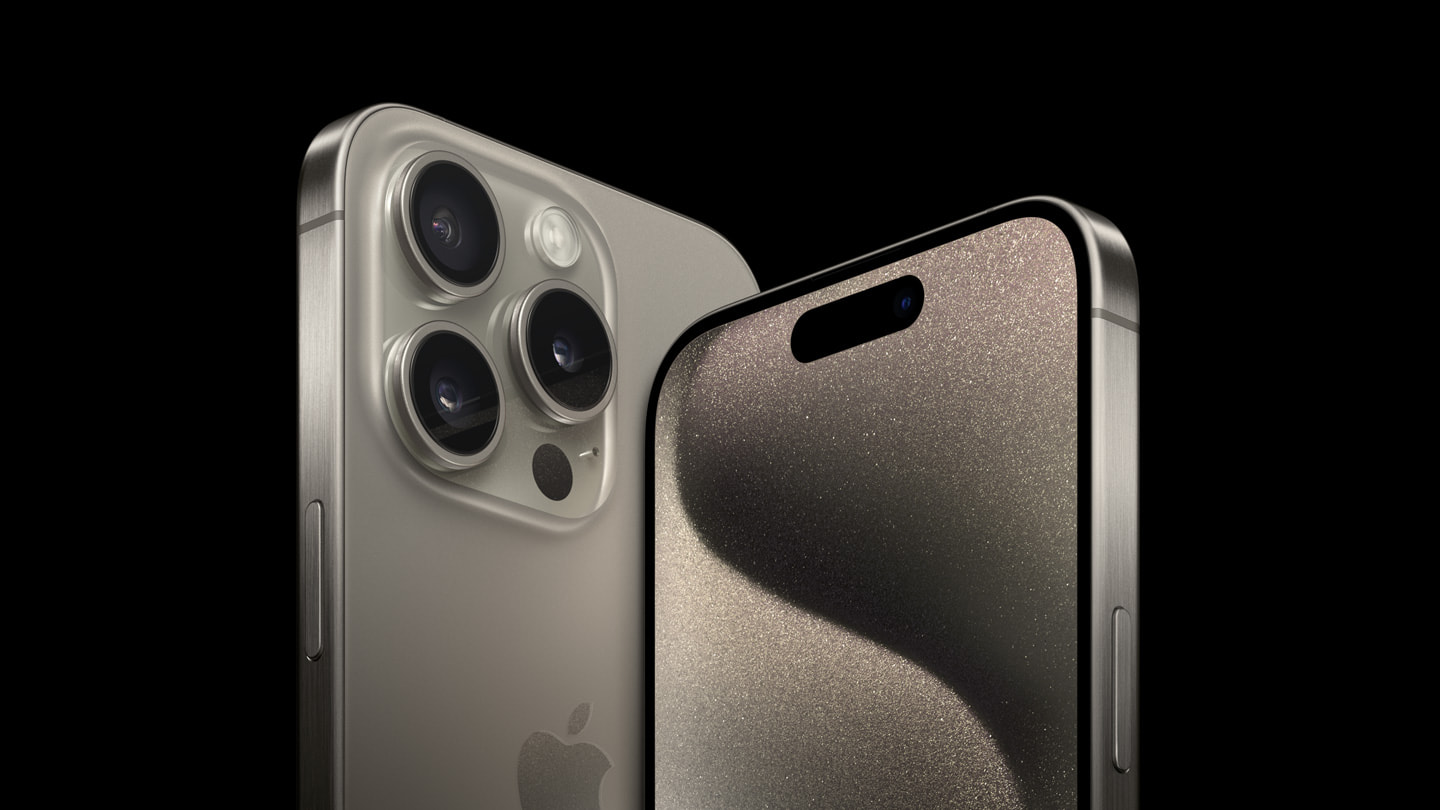Apple Finds Itself In Hot Water For Not Letting Other Companies Into The Playground It Built

The United States has levelled allegations against Apple Inc., accusing the technology behemoth of monopolistic practices within the smartphone sector, marking a significant legal confrontation for the corporation. This case, brought forth by the Department of Justice and supported by sixteen states, charges Apple with obstructing consumers' ability to migrate to more affordably priced competitors, specifically Android devices, by limiting applications that could potentially challenge its dominance.
This lawsuit emerges as the most recent in a series of actions by the U.S. government aimed at curbing the influence of major technology firms, representing the first such legal challenge against Apple. Merrick Garland, the Attorney General of the United States, articulated the allegations, stating, “Our contention is that Apple has not merely outpaced its competitors through superior merit, but has instead engaged in practices that contravene federal antitrust statutes, thereby maintaining its monopolistic stance within the smartphone domain. Without intervention, Apple's dominance in this area is poised to become even more entrenched.”
In response, Apple has contested the allegations, expressing concerns that the lawsuit might usher in governmental overreach into the technological development process. An Apple spokesperson contended, “The success of this legal action could severely impair our capacity to deliver the integrated technology—spanning hardware, software, and services—that our customers have come to expect. Furthermore, it threatens to establish a perilous precedent that would allow for governmental overreach in the design of technology. We firmly believe that this lawsuit is baseless, both factually and legally, and we are committed to vigorously defending against it.”
The core of the U.S. government's case against Apple revolves around accusations that the company has systematically sabotaged software and peripherals that could level the playing field between its iPhones and Android alternatives. Among the grievances are Apple's refusal to make its messaging service, iMessage, compatible with Android devices and its obstruction of competing messaging services like WhatsApp from integrating SMS functionalities.
The lawsuit further alleges that Apple's actions have resulted in a degradation of cross-platform messaging quality, stifling innovation and compromising security, effectively compelling consumers to continue purchasing iPhones. It also asserts that Apple has impeded the development of "super apps," which enable users to perform various tasks within a singular application, out of fear that such applications would lessen iPhone dependency and facilitate easier transition between different device ecosystems.
Citing a statement from an Apple executive, the lawsuit highlights the company's apprehension: “Imagine acquiring an Android device for a mere 25 dollars at a yard sale and finding it perfectly operational... Consider the multitude of instances like this.”
In recent times, U.S. regulators have initiated legal actions against other tech giants, including Google, Meta, and Amazon, and the move against Apple was largely anticipated. Concurrently, Apple faces heightened scrutiny in Europe, where new regulations aimed at limiting the power of large tech entities have been introduced. According to Bloomberg, the European Union is poised to announce investigations into both Apple and Google under the newly enacted Digital Markets Act in the imminent future.
By Brett HurllWorld Liberty Seeks Federal Trust Charter
World Liberty Financial, the crypto venture backed by the Trump family, has applied for a US national bank trust charter... Read more
Saudi Banks Tap Overseas Markets
Saudi Arabia’s banks are borrowing from international markets at their fastest pace on record, as lenders try to squar... Read more
Amazon Continues To Cut 16000 Gone
Amazon has announced plans to cut a further 16,000 roles from its corporate workforce, extending the cost and organisati... Read more
The UK May Have A Voice In Ai
Europe’s AI sector has grown accustomed to playing catch-up. Capital has flowed more slowly than in Silicon Valley, va... Read more
Musk Applies Pressure To BT
Britain’s broadband market has spent the past decade locked in a familiar pattern. Incumbents invested heavily in fibr... Read more
Blackrock Sees EMEA Moving Into Private Assets
BlackRock has warned that investors across Europe, the Middle East and Africa are reshaping portfolios in response to wh... Read more

